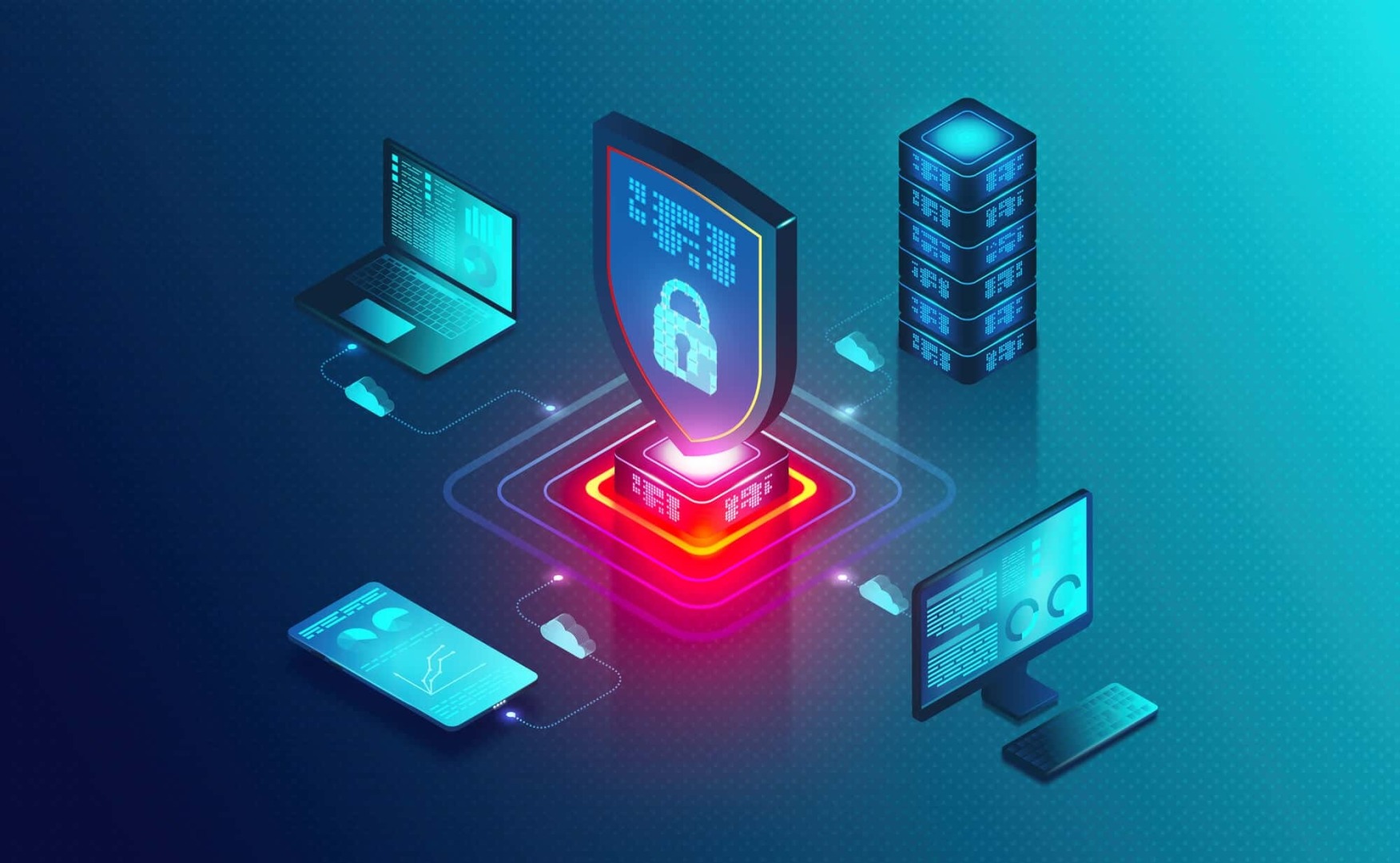Comments
- No comments found

While technology is evolving by leaps and bounds, enterprises are jumping rapidly on the digital transformation bandwagon.
Advancements in technology have also given rise to more sophisticated cyberattacks.
No matter how many defenses are deployed, cybercriminals are now able to find loopholes in robust security mechanisms to breach into the system and exploit sensitive information. This evolving threat landscape necessitates a significant shift in corporate governance to ensure cybersecurity is one of the founding pillars of the organization.
Let’s explore the aspects of incorporating stringent corporate governance to overcome modern security challenges and safeguard sensitive business and customer information.
Gone are the days when cyber threats were limited to traditional hacking attempts; they’ve expanded to ransomware, supply chain attacks, brute-force attacks, and more.
While these threats significantly evolve, the security mechanisms to defend against these sophisticated threats should also advance in complexity and effectiveness, employing cutting-edge technologies to proactively anticipate and neutralize potential vulnerabilities.
Apart from this, organizations are quickly putting their best foot forward in cloud adoption. This means a majority of enterprises have upgraded their legacy systems or are about to move to the cloud. However, moving to the cloud has its own challenges when we see things from a cybersecurity perspective.
The increasing cloud security vulnerabilities and targeted attacks could lead to identity theft as well as privacy breaches for customers that share their personal information on various platforms.
Hence, corporate governance, including identity governance for corporations, is undeniably the need of the hour.
Corporate governance can be defined as the system that directs and controls organizations by involving a perfect balance of interests of the company’s stakeholders, management, customers, and community.
And when we talk through cybersecurity’s perspective, corporate governance plays a pivotal role in defining responsibilities, setting clear objectives, and reinforcing accountability for cybersecurity practices.
By incorporating the true potential of corporate governance, enterprises can swiftly overcome the challenges pertaining to cybersecurity and create a proactive approach to handle any data or privacy breach and create a stringent mechanism to prevent these vulnerabilities.
We’ve learned about the role of corporate governance, now let’s explore its key elements for cybersecurity:
It’s crucial for the board of directors to proactively engage in cybersecurity oversight. This includes analyzing all the risks associated with current deployments, setting the tone for cybersecurity culture, and ensuring that cybersecurity is woven into the overall business strategy. Apart from this, boards must also consider appointing team members with experience in handling cybersecurity threats and mitigating the risks. Also, conducting regular cybersecurity audits and briefings from these experts can help you stay informed about emerging threats.
Enterprises must establish a robust risk management framework to identify, assess, and mitigate potential cybersecurity risks. Now this process involves regular assessment of the risks along with an incident response plan that can help minimize the impact of a data or privacy breach. Also, conducting regular cybersecurity drills would further mitigate the risks and ensure the company’s employees are well-informed about the potential risks.
For enterprises seeking robust security, it’s essential to develop comprehensive cybersecurity policies and procedures across the organization. These policies must cover various aspects of data protection, identity management, access controls, employee training, and incidence response for reinforced security. Moreover, it’s important to review and update all policies as per the latest threat vectors and other compliance requirements.
Today’s modern digital business landscape demands organizations to strictly comply with global regulations and privacy standards to ensure they can cater to a wider range of audience. Various global regulations, including the EU’s GDPR and California’s CCPA, are standard for organizations serving the citizens in the respective countries. Failing to comply with these regulations not only entitles organizations to hefty fines but eventually affects overall customer trust.
The modern digital business environment demands a proactive and strategic approach to cybersecurity governance. And hence, enterprises need to swiftly put their best foot forward in creating a business environment that emphasizes evolving corporate governance practices.
It’s essential to foster a culture of security, engaging leadership, and intensively adapting to an ever-evolving threat landscape. This would help organizations to navigate the complexities of cybersecurity with complete confidence.
Rakesh Soni is CEO of LoginRadius, a leading provider of cloud-based digital identity solutions. The LoginRadius Identity Platform serves over 3,000 businesses and secures one billion digital identities worldwide. LoginRadius has been named as an industry leader in the customer identity and access management space by Gartner, Forrester, KuppingerCole, and Computer Weekly. Connect with Soni on LinkedIn or Twitter.
Leave your comments
Post comment as a guest